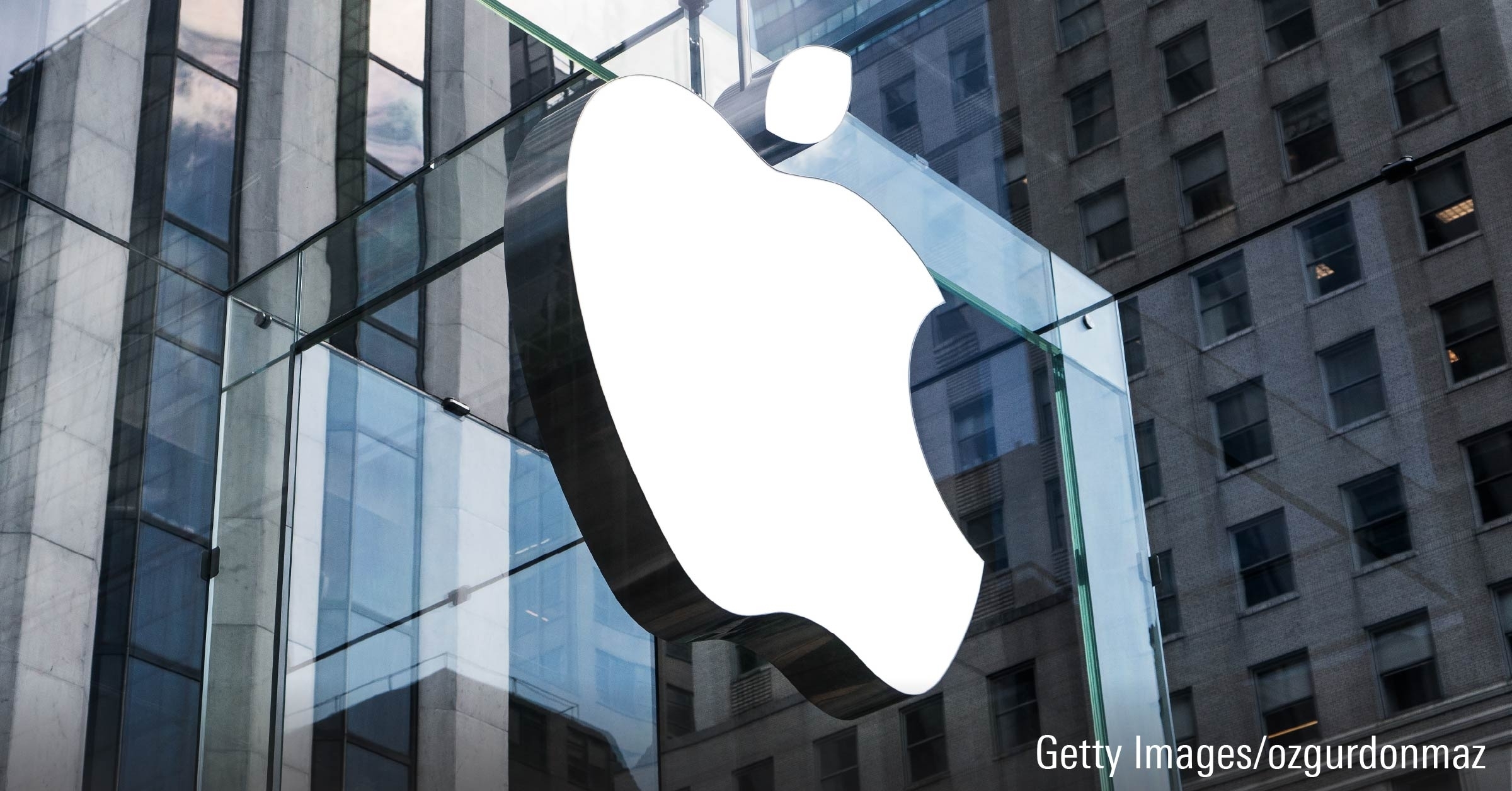This article serves to introduce three different topics as captioned, and the way they are interconnected.
Home bias usually describes the (overly) preference towards domestic market funds. For instance, in the case of Hong Kong investors, it leads to a higher weight of China or Hong Kong equity funds, that exceeds the optimum weight supposed to be suitable for the specific investor. Of course it is solely the outcome. It also entails other human behaviours such as paying more attention to news of his domestic market, more awareness on the domestic market equity funds. Consequently we may spend more resources (such as time) on the research of China equity funds, and by such making us know which funds are good and which ones are more inferior. Our conviction is thus built up. So far what’s wrong? Why it’s not called home preference? In fact, I don’t mean to sound so negative – but there are possible pitfalls ahead if you allow that mentality to keep expanding and overrule your investment mindset at all.
Then why it sounds obligatory for me to invest globally? Again as natural human behaviours we will justify our standpoint by considering Greece and Spain equities, or imagining someone is convincing us to buy into South East Asia emerging markets such as Thai equities, amid the political instability? – no way! In reality there is no one asking us to invest fully in a particular one market there. Yes, nonetheless, we should invest some portion of our portfolio into their broader region, at least. Just as you might check out the wines of Italy, France, or Australia to add variety to your wine collection, global exposure can add value to your portfolio.
Investing overseas has two potential benefits: diversification and performance. The latter topic will be explored at the end of this article. But what’s the benefit of diversification? The notable example is the 1997 Asian financial crisis, in which the western markets were remained intact. The SARS crisis in south-east Asia is again another example, where the impact to western market was minimal.
Because the performance of foreign markets depends on a host of different factors (including company profitability, trends in economic growth, interest rates, and currency movements), they generally don't march in step with the local or China market. That means adding some global exposure to a domestic-focused portfolio can help reduce risk, as well.
Again, why it is a bias if I solely favour China equities? After all, there are enormous articles pointing to the superior futures of China. We all heard about China’s GDP just exceeded that of the Japan, and will (?) exceed that of the U.S. sooner or later. There is much lesser research in Hong Kong pointing to the positive attributes of other overseas markets. From the subjective perspective of both long- and short-term investors, however, are the returns from China equity funds really beat all rivals all time. The table here shows some of the Morningstar category averages and may give us some insight.
Morningstar Category | Total Return (%) | 3-year Standard Deviation (%) | ||
1-year | 3-year | 5-year | ||
Russia Equity | 31.95 | -10.21 | 9.73 | 48.52 |
India Equity | 24.01 | 0.94 | 14.74 | 40.75 |
Singapore Equity | 22.92 | -1.57 | 12.15 | 34.60 |
Brazil Equity | 21.53 | 4.12 | 21.34 | 41.78 |
Asia-Pacific ex-Japan Equity | 14.17 | -3.77 | 9.68 | 31.93 |
Hong Kong Equity | 12.54 | -1.28 | 11.90 | 32.31 |
China Equity | 9.10 | -6.29 | 17.34 | 37.17 |
UK Large-Cap Blend Equity | 2.96 | -11.29 | 0.06 | 25.59 |
US Large-Cap Blend Equity | 0.43 | -10.40 | -2.69 | 22.50 |
* Source: Morningstar Asia Limited. Return in USD through 31 Aug 2010. Returns over 1-year are annualized and in USD terms through end Aug 2010. Information for reference only. |
During the past five years the China equity funds in average are delivering 17.34% annually to investors – sounds brilliant in absolute term. There being no any other choice? The Brazil equity gives you 21.34% annually with some more volatility. On medium term (3-year period) the China equity’s annualized return is lower than the Asia-Pacific ex-Japan equity, while the latter is more diversified and implies (and demonstrated!) lesser risk. For short-term performance I need no explanation here. There are ample examples performing better than China equity in the past one year, and allowing you to take up less risk.
That introductory article serves the purpose of enlightening our awareness. We will exploit the topic of global investing, diversification and asset allocation later.






.png)










